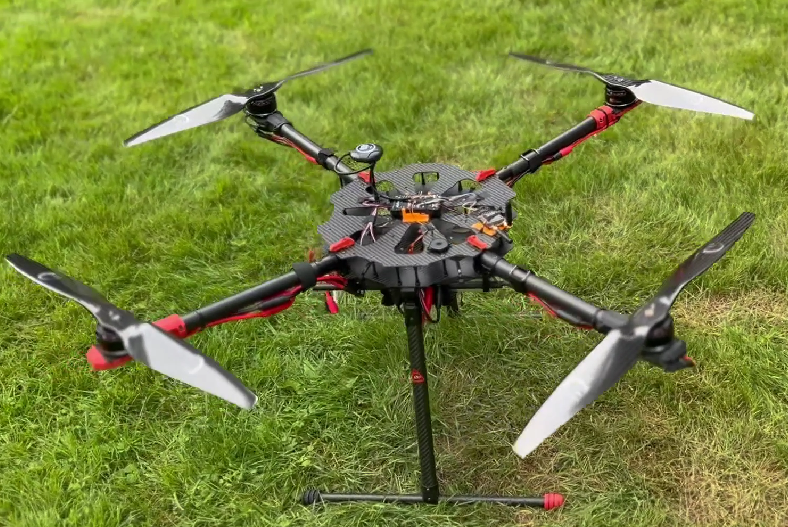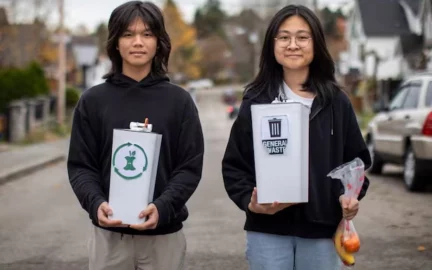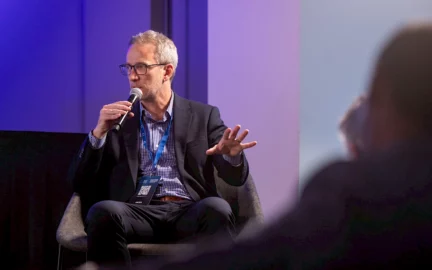Emerging Technology Aims to Predict the Probability of Wildfires
Seattle, Washington – July 31, 2023 – With Canada facing the worst fire season in 100 years, and…

Through Empowered Startups’ EB2 Startup Visa program, and in partnership with the William E. Boeing Department of Aeronautics & Astronautics at the University of Washington (UW), founder Yomi Bakare mentored a team of six UW undergraduate students enrolled in the department’s capstone program during a five-month period in planning, strategizing, and building an early quadrotor prototype.
The R&D project aimed to build a quadrotor prototype that can be used by governments and agencies to predict, identify, and/or manage increasingly frequent and powerful climate disasters using Internet-of-Things (IoT) technologies. Specifically, the quadrotor prototype would be designed to combat forest fires by gathering specific data points using build-in sensors and processing this data using software to decode the probability and risk severity of an event.
In this first round of R&D to reach a minimum viable product, the undergraduate team at the UW was able to create the framework of interconnected systems for quadrotor function, build out the avionics architecture connecting the sensors, battery power and remote control mechanism into a centralized system, and test several system components conducive to the quadrotor’s flight carrying a payload of equipment that would serve to send important data back to a ground control system and sustain battery power.
“The project is a timely initiative, as evidenced by the current global climate challenges the world is facing. Any attempt to provide potential mitigations to these climate challenges deserves to receive the attention and support of academia, civil organizations, businesses, and governments. We must take care of this planet for our collective well-being,” says Bakare.
The end goal of Mr. Bakare’s R&D is to have a commercially viable unmanned aerial vehicle prototype that will:
- Be remotely controlled to fly beyond line of visual sight with suitable endurance to areas of potential wildfires;
- Have built-in sensors and cameras that can detect, gather, and transmit environmental data in real-time into a remote cloud for processing;
- Have accompanying software that will receive real-time data from the built-in sensors and cameras from the remote cloud and process that data using sophisticated predesigned algorithms to predict wildfires.
So, what’s next for Yomi Bakare and the quadrotor? He is continuing to work on the prototype with hopes of completion in the near future.
“We will continue to collaborate with value-adding partners to enable us to bring the project to market within the possible shortest time frame. Work continues to refine the aerial vehicle and develop the accompanying software,” Bakare shares. “We will also work to ‘harden the UAV airframe’ to be able to handle extreme temperatures and accelerate the development of the software for predicting the probability of wildfires.”
Learn more about the EB2 Startup Visa program today.







